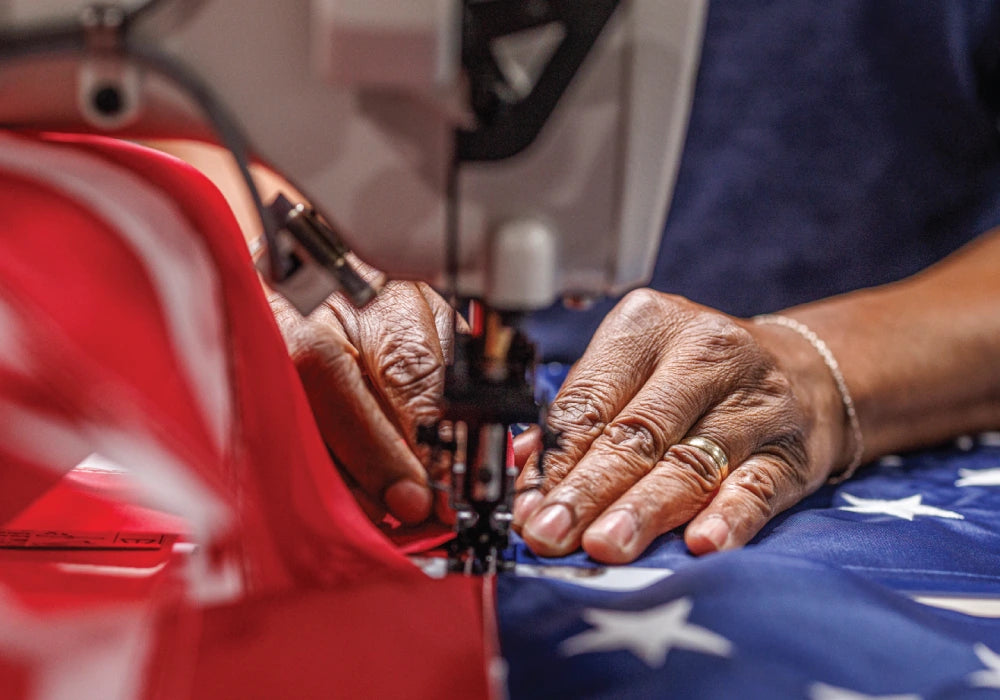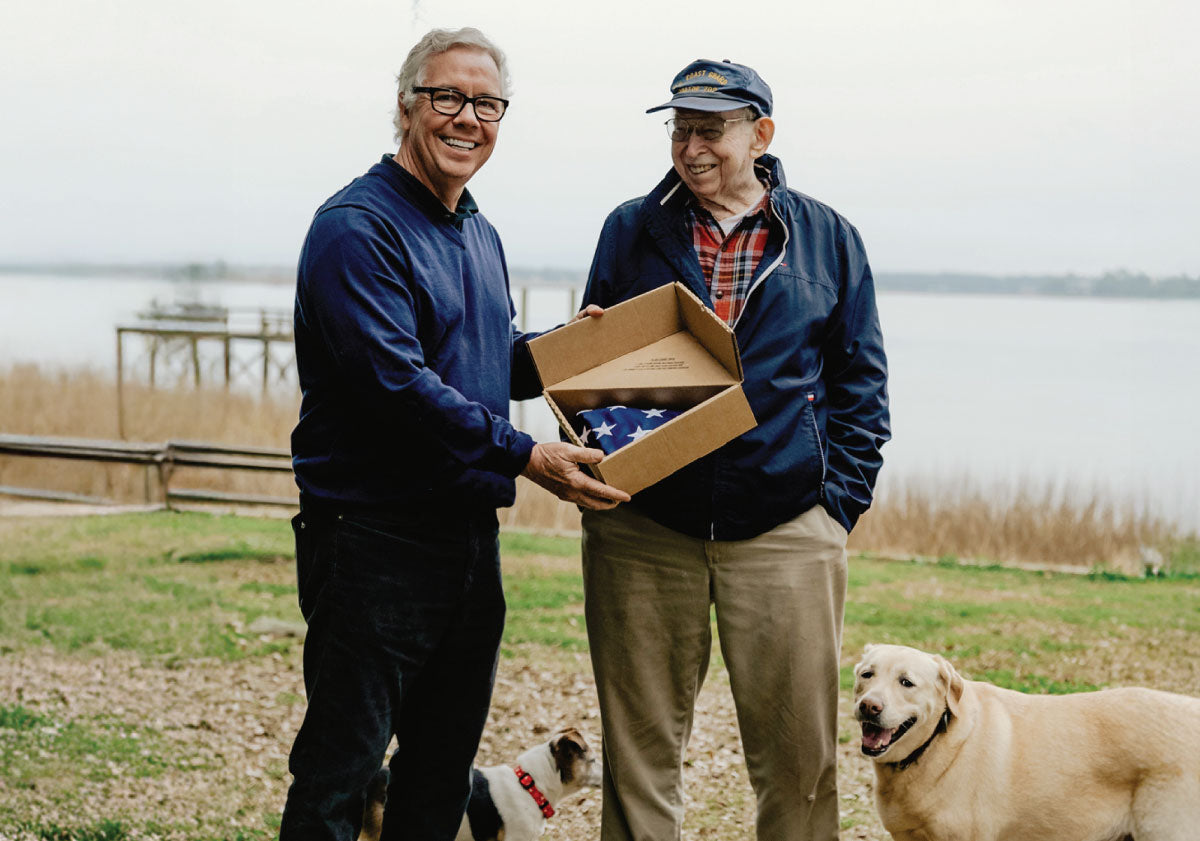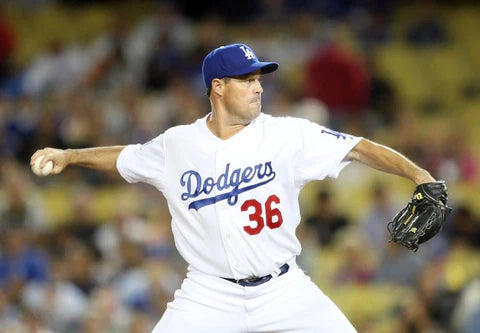September 22

1862
President Abraham Lincoln issued a preliminary Emancipation Proclamation, which set a date for the freedom of more than 3 million enslaved in the United States and recast the Civil War as a fight against slavery. In the Preliminary Emancipation Proclamation, Lincoln declared that all slaves would be "forever" free on January 1, 1863, unless the Confederate states returned to the Union. Lincoln followed through with his promise, and on New Year's Day 1863 he signed the final Emancipation Proclamation, which declared “that all persons held as slaves” within the rebel states “are, and henceforward shall be free.” The proclamation also called for the recruitment and establishment of Black military units among the Union forces.


1953
The first four-level (or "stack) interchange in the world opened in Los Angeles, California, at the intersection of the Harbor, Hollywood, Pasadena and Santa Ana freeways. It was, as The Saturday Evening Post wrote, "a mad motorist's dream": 32 lanes of traffic weaving in eight directions at once. Today, although the four-level is justly celebrated as a civil engineering landmark, the interchange is complicated, frequently congested, and sometimes downright terrifying.


1985
Inspired by comments by Bob Dylan at Live Aid, fellow musicians Willie Nelson, John Mellancamp and Neil Young organized the Farm Aid benefit concert to raise money for family farmers in the United States. The first concert was held at the Memorial Stadium in Champaign, Illinois before a crowd of 80,000 people. Performers included Bob Dylan, Billy Joes, B.B. King, Loretta Lynn, Roy Orbison and Tom Petty, among others, and raised over $9 million for U.S. family farmers. The benefit concert continues to this day.
September 23

1938
An 800-pound tube made of copper and chromium called Cupaloy was lowered 50 feet into the ground during the 1939-40 New York World's Fair. The tube's contents comprised 35 items one might find in any run-of-the-mill American family household, including copies of Life magazine, a Sears Roebuck catalog, cigarettes and seeds of wheat, corn, alfalfa and soy, each examined and preserved in inert argon and nitrogen gas to remain intact for the next five thousand years - until the year 6939 to be exact.

1950
Ralph Bunche became the first African American to be awarded the Nobel Peace Prize. He received it for having arranged a cease-fire between Israelis and Arabs during the war which followed the creation of the state of Israel in 1948. Bunche was involved in the formation and administration of the United Nations and played a major role in both the decolonization process and numerous peacekeeping operations sponsored by the UN. In 1963, he was awarded the Presidential Medal of Freedom by President John F. Kennedy. At the UN, Bunche gained such fame that Ebony magazine proclaimed him perhaps the most influential African American of the first half of the 20th century and "for nearly a decade, he was the most celebrated African American of his time both the US and abroad."

1957
"That'll Be the Day" by Buddy Holly and the Crickets reached #1. It was eventually inducted into the Grammy Hall of Fame in 1998 and, in 2005, placed in the National Recording Registry, a list of sound recordings that "are culturally, historically, or aesthetically important, and/or inform or reflect life in the United States."
September 24

1789
The Judiciary Act of 1789 was passed by Congress and signed by President George Washington, establishing the Supreme Court of the United States as a tribunal made up of six justices who were to serve on the court until death or retirement. That day, President Washington nominated John Blair Jr., William Cushing, Robert Harrison, John Jay, John Rutledge and James Wilson to the Supreme Court, with John Jay to preside as chief justice and the others as associate justices. On September 26, all six appointments were confirmed by the U.S. Senate.

1952
The first Kentucky Fried Chicken franchise was opened by Pete Harmon near Salt Lake City, Utah. Independent restaurant owners would pay four cents on each chicken sold as a franchise fee in exchange for Colonel Sanders' "secret blend of herbs and spices", his recipe and the right to advertise using his name and likeness. Harman was eventually credited with the brand's slogan “It's finger-lickin' good."

1968
CBS aired the first episode of 60 Minutes, a show that would become a staple of the American media landscape. A pioneer of the "newsmagazine" format, 60 Minutes is the longest-running primetime show in American television history. Over its run, 60 Minutes has been known primarily for investigative journalism—termed “gotcha” journalism by some critics—including exposés on the Vietnam War, the Watergate Scandal, and the Abu Ghraib torture revelations and other corporate and political scandals. A number of famous journalists and pundits, including Mike Wallace, Dan Rather, Diane Sawyer, Leslie Stahl, Walter Cronkite and Christiane Amanpour have contributed to the show, which has won over a hundred Emmy Awards and 20 Peabodys.
September 25

1775
After aborting a poorly planned and ill-timed attack on the British-controlled city of Montreal, Continental Army Colonel Ethan Allen was captured by the British. After being identified as an officer of the Continental Amy, Allen was taken prisoner and sent to England to be executed. Although Allen ultimately escaped execution because the British government feared reprisals from the American colonies, he was imprisoned in England for more than two years until being returned to the United States as part of a prisoner exchange.

1965
The Kansas City Athletics started ageless wonder Satchel Paige in a game against the Boston Red Sox. At 59 years, 2 months and 18 days, Paige, a Negro League legend, became the oldest pitcher ever to play a game in the major leagues and proved his greatness once again by giving up only one hit in his three innings of play. Arguably the greatest pitcher of his era, Paige was inducted into the Baseball Hall of Fame in 1971.

1981
Nominated by President Ronald Reagan, Sandra Day O'Connor was sworn in as the first female US Supreme Court Justice and served until 2006. Her appointment to the Supreme Court ended 191 years of the court being an exclusively male institution. In recognition of her lifetime accomplishments, President Barack Obama awarded Justice O’Connor with the nation’s highest civilian honor, the Presidential Medal of Freedom, on August 12, 2009.
September 26

1957
West Side Story, composed by Leonard Bernstein, opened at the Winter Garden Theatre on Broadway. West Side Story transposed Shakespeare's Romeo and Juliet to the gang-ridden streets of 1950s Manhattan, dominated by the Sharks and the Jets. Tony, a Polish American, and Maria, a Puerto Rican, meet and fall in love at a fateful gym dance. For the groundbreaking musical, Bernstein provided a propulsive and rhapsodic score that many celebrate at his greatest achievement as a composer. In 1961, a film version starring Natalie Wood, Rita Moreno and Richard Beymer was an enormous hit and took home 10 Academy Awards, including Best Picture. The stage version of West Side Story was soon revived and the musical is still performed today.

1969
American television audiences hear the soon-to-be-famous opening lyrics “Here’s the story of a lovely lady. Who was bringing up three very lovely girls…” as The Brady Bunch, a sitcom that will become an icon of American pop culture, airs for the first time. While panned by critics for its entire run, the program stands as one of the most important sitcoms of American 1970s television programming, spawning numerous other series on all three major networks, as well as records, lunch boxes, a cookbook, and even a stage show and feature film.

1996
U.S. astronaut Shannon Lucid returned to Earth in the U.S. space shuttle Atlantis following six months in orbit aboard the Russian space station Mir. Lucid transferred to Mir from the same space shuttle for planned five-month stay. A biochemist, Lurid shared Mir with Russian cosmonauts Yuri Onufriyenko and Yuri Usachev and conducted scientific experiments during her stay. She was the first American woman to live in a space station.
September 27

1962
Rachel Carson’s watershed work Silent Spring is published. Originally serialized in The New Yorker magazine, the book shed light on the damage that man-made pesticides inflict on the environment. Its publication is often viewed as the beginning of the modern environmentalist movement in America. Carson met with staunch criticism, largely from the chemical industry and associated scientists. She was called “a fanatic defender of the cult of the balance of nature” among other things, but the firestorm around her drew attention to a problem Americans were finally ready to acknowledge. Though she died only two years after the book’s publication, her successors fought for the creation Environmental Protection Agency, formed in 1970, and her arguments were instrumental in securing a nationwide phase-out of DDT, which began in 1972.

1989
While on trial, Hollywood socialite Zsa Zsa Gabor stormed out of the courtroom in the middle of the district attorney’s closing argument. Gabor was accused of slapping an officer after being pulled over for expired tags on her Rolls Royce. Gabor drove off as the officer was checking for other violations and slapped him when she was pulled over again. The prosecutor told the jury that Gabor “craves media attention . . . and abused two weeks of this process for her own self-aggrandizement.” Although her attorney objected when the prosecutor said, “the defendant doesn’t know the meaning of truth,” Gabor was already running out in tears. Later that day, Gabor was convicted and sentenced to 72 hours in jail, 120 hours of community service, and $13,000 in fines and restitution. Gabor died in 2016 after nine marriages.

2008
Greg Maddux won his final start of his career playing for the LA Dodgers. Mostly known for his time with the Atlanta Braves, Maddux owns multiple records and achievements including the first pitcher in major league history to win the Cy Young Award four consecutive years (1992–1995), the only pitcher in MLB history to win at least 15 games for 17 straight seasons and the player with the most Gold Gloves with 18. He was inducted into the MLB Hall of Fame in 2014.
September 28

1781
General George Washington, commanding a force of 17,000 French and Continental troops, begins the siege known as the the Battle of Yorktown against British General Lord Charles Cornwallis and a contingent of 9,000 British troops at Yorktown, Virginia, the most important battle of the Revolutionary War. Although the war persisted on the high seas and in other theaters, including with Native American and British forces in the west, the Patriot victory at Yorktown ended fighting in the American colonies. Peace negotiations began in 1782, and on September 3, 1783, the Treaty of Paris was signed, formally recognizing the United States as a free and independent nation after eight years of war.


1920
A Chicago grand jury indicted eight members of the Chicago White Sox on charges of fixing the 1919 World Series. White Sox owner Charles Comiskey immediately suspended Chick Gandil, Buck Weaver, Happy Felsch, Swede Risberg, Fred McMullin, Eddie Cicotte, Lefty Williams and "Shoeless" Joe Jackson, who are notorious for their involvement in the "Black Sox Scandal." All were later acquitted, but there would be no long-term celebration for any of them. A day after their acquittal, Judge Kenesaw Mountain Landis, the Major League Baseball commissioner, suspended all eight from organized baseball for life. Evidence pointer to their guilt, but many have debated the involvement of Jackson, one of the greatest players in MLB history.

1963
Roy Lichtenstein's diptych pop art work Whaam!, depicting in comic-book style a US jet shooting down an enemy fighter, was exhibited for the first time at the Leo Castelli Gallery in New York City. It is one of the best-known works of pop art, and among Lichtenstein's most important paintings. Whaam! is based on an image Lichtenstein found in a 1962 DC comic, All American Men of War. Considering Whaam! was created in 1963, just as the Vietnam War was gathering steam, and taking into account Lichtenstein’s own service in the US Army in 1943–6, this deconstruction of military heroism could be read as a statement on the folly of war.






